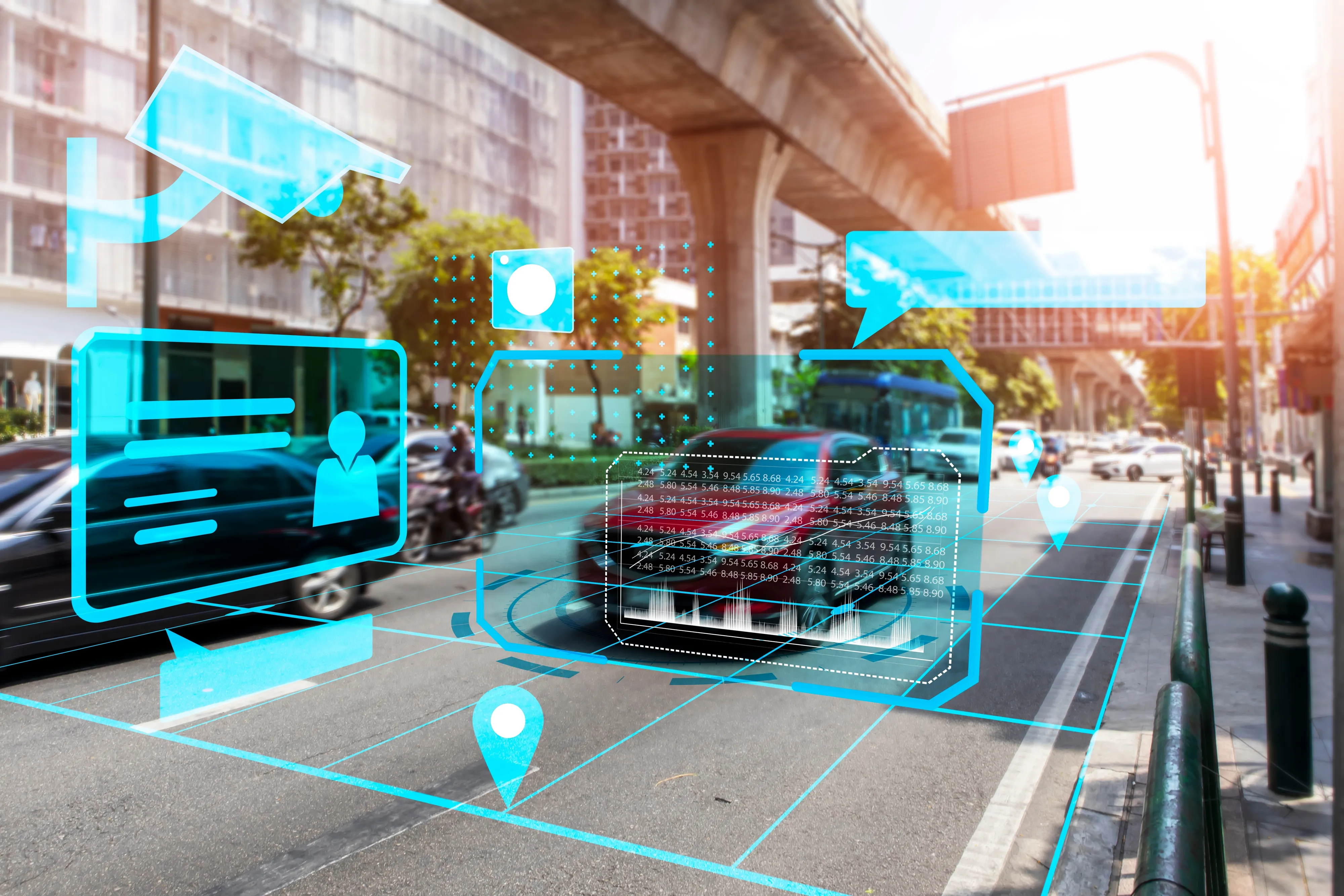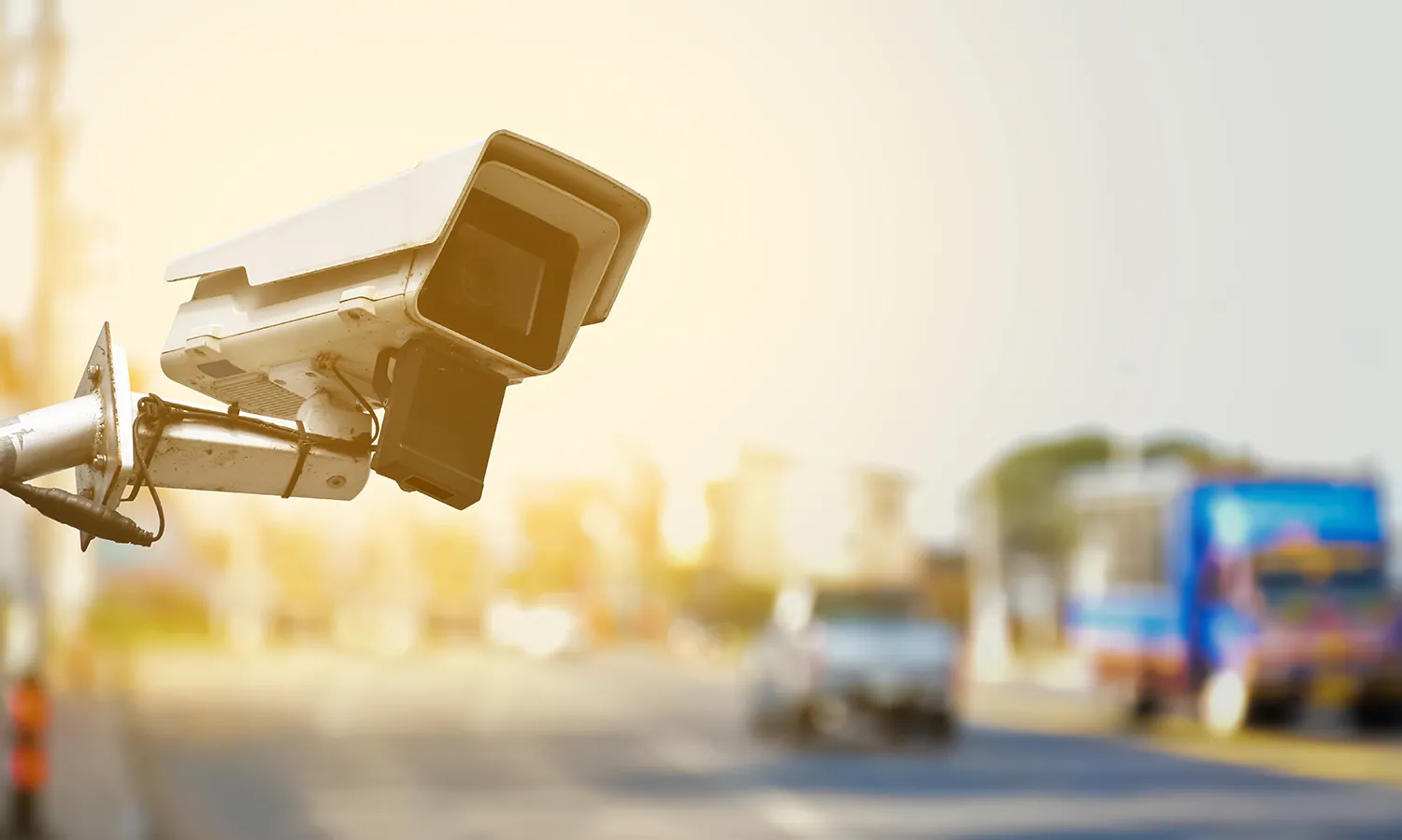Cars Must Wait: AI in Chelyabinsk Prioritizes Pedestrian Safety
Chelyabinsk has deployed an AI-powered system that enforces traffic rules at crosswalks, preventing jaywalking and penalizing drivers who fail to yield. What once sounded like science fiction is now shaping safer, more sustainable streets.

A Digital Inspector
The system’s job is simple yet transformative: monitor pedestrian crossings with impartial precision. It fines both drivers who don’t yield and pedestrians who cross outside the designated area. Early results are telling—by the beginning of 2025, the AI had recorded 614 violations. More than just statistics, these numbers proved the system’s effectiveness and convinced city officials to install six more complexes at the most accident-prone intersections.
If reliability and accuracy hold up, the technology could evolve from a policing tool into a cornerstone of urban planning. The data collected—frequency and type of violations, identification of high-risk zones—provides invaluable analytics. Such insights can inform smarter infrastructure decisions: relocating crosswalks, adding traffic lights, or building safety islands. Success in Chelyabinsk could serve as a blueprint for scaling the system across the region and beyond.

Order on the Roads
Russia has steadily moved toward automated traffic control in recent years. Speed cameras and red-light enforcement are already routine. But neural networks can go further, spotting drivers on their phones, unfastened seatbelts, or illegal parking. In Moscow suburbs, AI is already flagging such violations.
What makes Chelyabinsk’s project notable is its specific focus on pedestrian right-of-way—a first at the national level. Similar ideas may have been floated elsewhere, but here they are producing measurable results and expansion plans.

The system, developed by Ntechlab, is even being tested to monitor cyclists and issue audible warnings when violations occur.
The Priority: Saving Lives
Every day, thousands of people cross streets trusting drivers to pay attention. Despite a decline in pedestrian-related accidents, the numbers remain alarming: more than 34,000 crashes in 2024, resulting in over 3,000 deaths.

The Chelyabinsk experiment is a breakthrough for all road users. Drivers are aware of the “electronic eye” watching them, while pedestrians know violations won’t be ignored. This represents a step forward not just in traffic law enforcement but in public awareness. For Chelyabinsk residents, the term “smart city” is beginning to mean something concrete: safety.










































